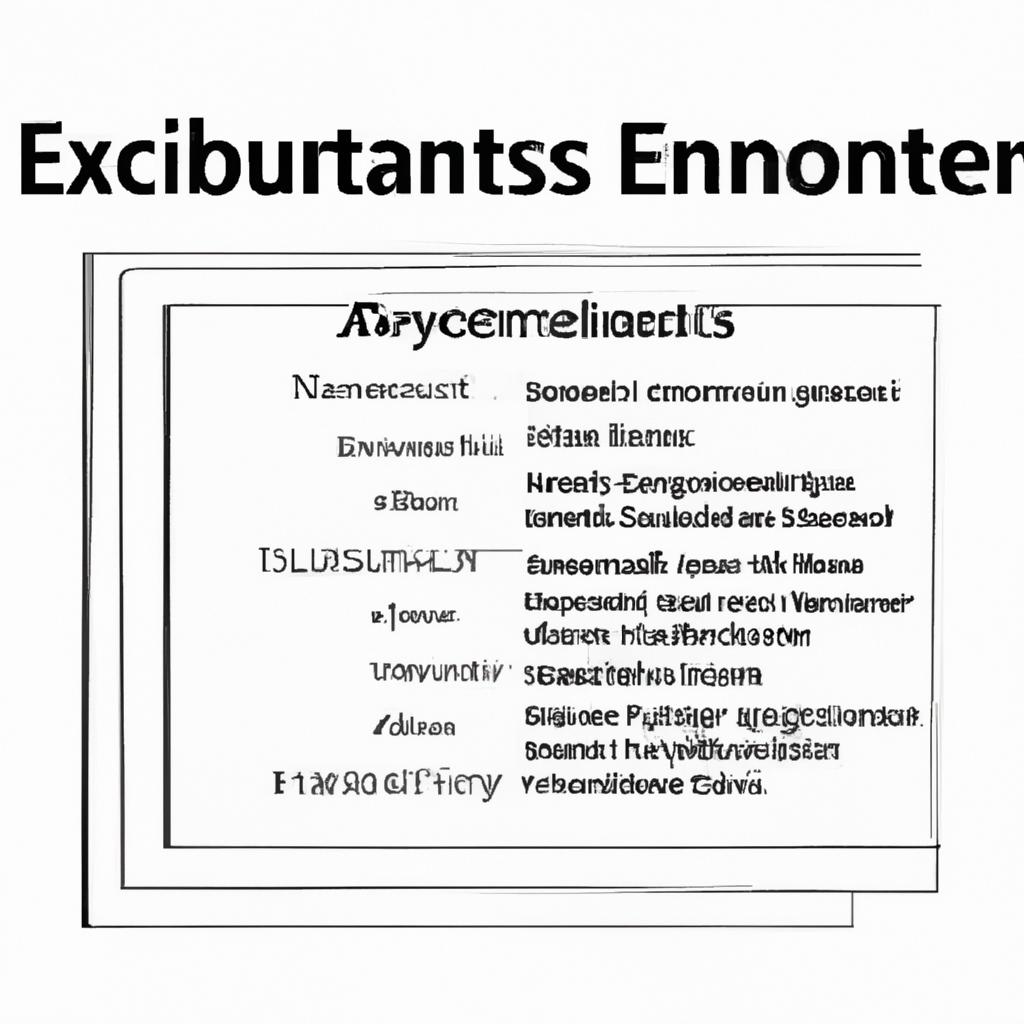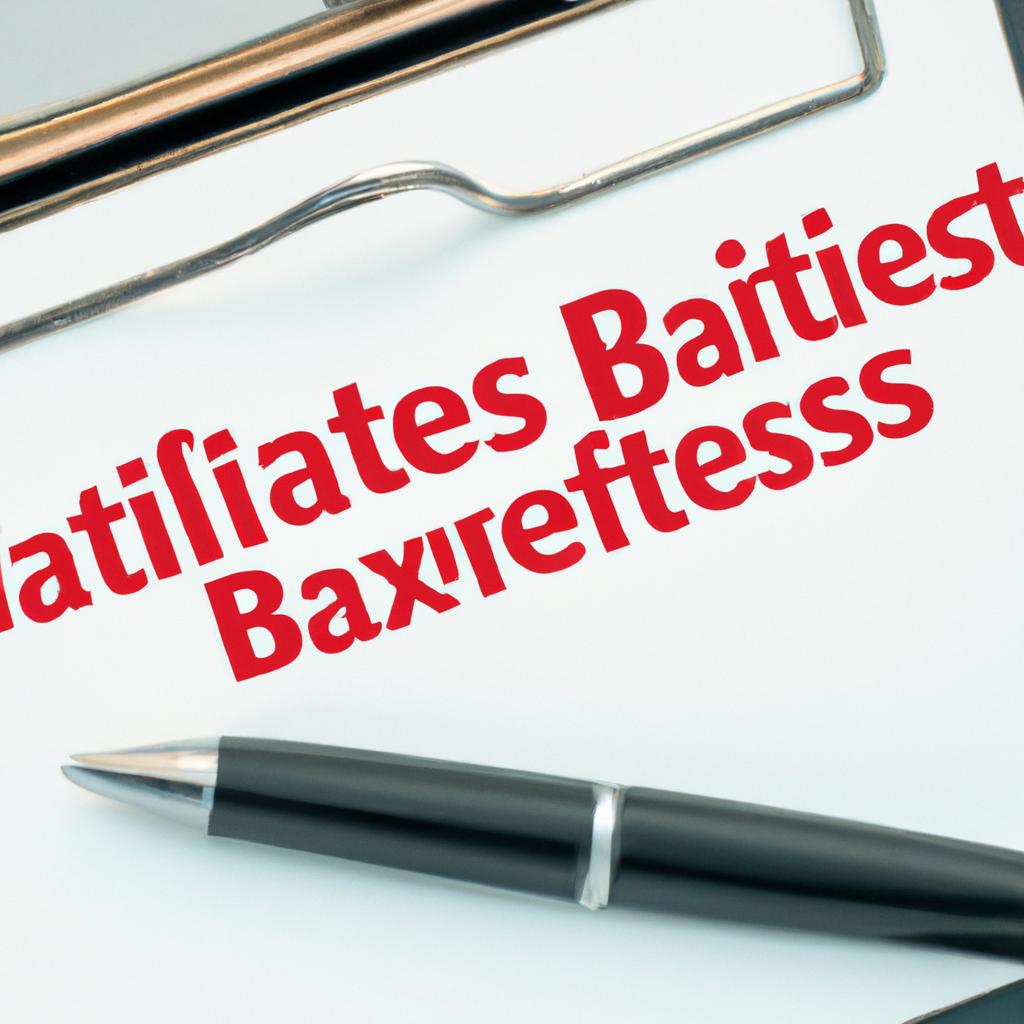As a seasoned legal practitioner specializing in estate planning matters, the question of whether an executor is required to provide accounting to beneficiaries is a common inquiry that arises during the administration of a deceased individual’s estate. In the intricate realm of probate proceedings, the responsibilities and duties of an executor are crucial in ensuring the orderly distribution of assets to designated heirs and beneficiaries. At Morgan Legal Group, nestled in the heart of New York City, we navigate through the complexities of probate law, shedding light on the obligations and rights of both executors and beneficiaries in matters of accounting disclosure. Join us as we explore the nuances of this issue, delving into the pertinent legal principles that govern the interaction between executors and beneficiaries in the administration of estates.
Overview of Executor’s Duties and Responsibilities
An executor is responsible for managing the distribution of assets in accordance with the terms of the deceased person’s will. This involves a range of duties and responsibilities, including:
- Gathering Assets: The executor must locate and take control of all assets belonging to the deceased, including property, bank accounts, investments, and personal belongings.
- Paying Debts: The executor is responsible for settling any outstanding debts or liabilities of the deceased, including taxes, funeral expenses, and other bills.
- Distributing Assets: Once debts have been paid, the executor must distribute the remaining assets to the beneficiaries according to the terms of the will.
While an executor is not required to provide a formal accounting of every transaction to the beneficiaries, they should keep detailed records of all financial transactions related to the estate. This is important for transparency and accountability, and can help prevent disputes or misunderstandings among beneficiaries. Executors should be prepared to provide information and answer questions about the administration of the estate to ensure that all parties involved are kept informed and updated throughout the process.

Legal Obligations Regarding Providing Accounting to Beneficiaries
As an executor, you have . It is important to understand that your duties as an executor involve transparency and communication with the beneficiaries of the estate. One of the key responsibilities is to keep accurate records of all financial transactions and provide an account of the estate’s assets and liabilities.
**It is essential to note that an executor is required to show accounting to beneficiaries in the following ways:**
- Providing a detailed account of all financial transactions related to the estate.
- Ensuring that beneficiaries receive regular updates on the status of the estate administration.
- Seeking approval from the beneficiaries before making any significant financial decisions on behalf of the estate.

Challenges Faced by Executors in Showing Accounting to Beneficiaries
Executors often face challenges when it comes to showing accounting to beneficiaries during the probate process. One of the main concerns is whether or not an executor is legally required to provide an accounting to beneficiaries. While each state may have different laws regarding this matter, in general, executors are typically required to provide an accounting to beneficiaries.
However, this can be a complex and time-consuming process. Executors must keep accurate records of all financial transactions related to the estate, including assets, debts, expenses, and distributions. It is essential for executors to maintain transparency with beneficiaries and provide them with regular updates on the estate’s financial status. Failure to do so can lead to disputes, delays in the probate process, and potential legal action. Executors should seek guidance from a qualified estate planning attorney to ensure they fulfill their responsibilities properly.

Best Practices for Executors in Demonstrating Accountability to Beneficiaries
When it comes to serving as an executor, demonstrating accountability to beneficiaries is a critical aspect of fulfilling your duties. While the exact requirements may vary depending on the jurisdiction and the specifics of the estate, it is generally expected that an executor will provide an accurate and transparent account of their actions to the beneficiaries. This helps to ensure that the beneficiaries are kept informed and can have confidence in the executor’s handling of the estate.
Some include:
- Maintaining detailed records: Keeping thorough records of all transactions and communications related to the estate can help provide clarity and transparency to the beneficiaries.
- Regular communication: Keeping beneficiaries updated on the progress of the estate administration and promptly responding to any inquiries can help build trust and demonstrate accountability.
- Seeking professional advice: When in doubt, consulting with legal or financial professionals can help ensure that the executor is fulfilling their duties properly and in the best interests of the beneficiaries.
Q&A
Q: Does an executor have to show accounting to beneficiaries?
A: Yes, as an executor, you are required to provide an accounting of all the assets, expenses, and distributions related to the estate to the beneficiaries.
Q: What does the accounting process involve?
A: The accounting process typically involves documenting all financial transactions, including income earned, expenses paid, and distributions made to beneficiaries.
Q: Why is it important for an executor to show accounting to beneficiaries?
A: Showing accounting to beneficiaries helps ensure transparency and accountability in the estate administration process. It allows beneficiaries to understand how their inheritance is being managed and distributed.
Q: Are there any legal requirements for providing accounting to beneficiaries?
A: Yes, in most jurisdictions, executors are legally required to provide an accounting to beneficiaries upon request. Failure to do so can result in legal action being taken against the executor.
Q: What should beneficiaries do if they suspect financial misconduct by the executor?
A: If beneficiaries suspect financial misconduct by the executor, they should consult with an attorney to explore their legal options. Executors have a fiduciary duty to act in the best interests of the estate and beneficiaries, and any breaches of that duty should be addressed promptly.
In Retrospect
In conclusion, while the legal obligation of an executor to show accounting to beneficiaries may vary depending on the jurisdiction and circumstances, it is always important for transparency and trust in the estate administration process. Open communication and collaboration between all parties involved can help ensure a smooth and fair distribution of assets. If you find yourself in a situation where you are unsure of your rights as a beneficiary, it is recommended to seek legal advice to help navigate through any potential challenges. By working together harmoniously, both executors and beneficiaries can honor the wishes of the deceased and achieve a resolution that is satisfactory for everyone involved.

